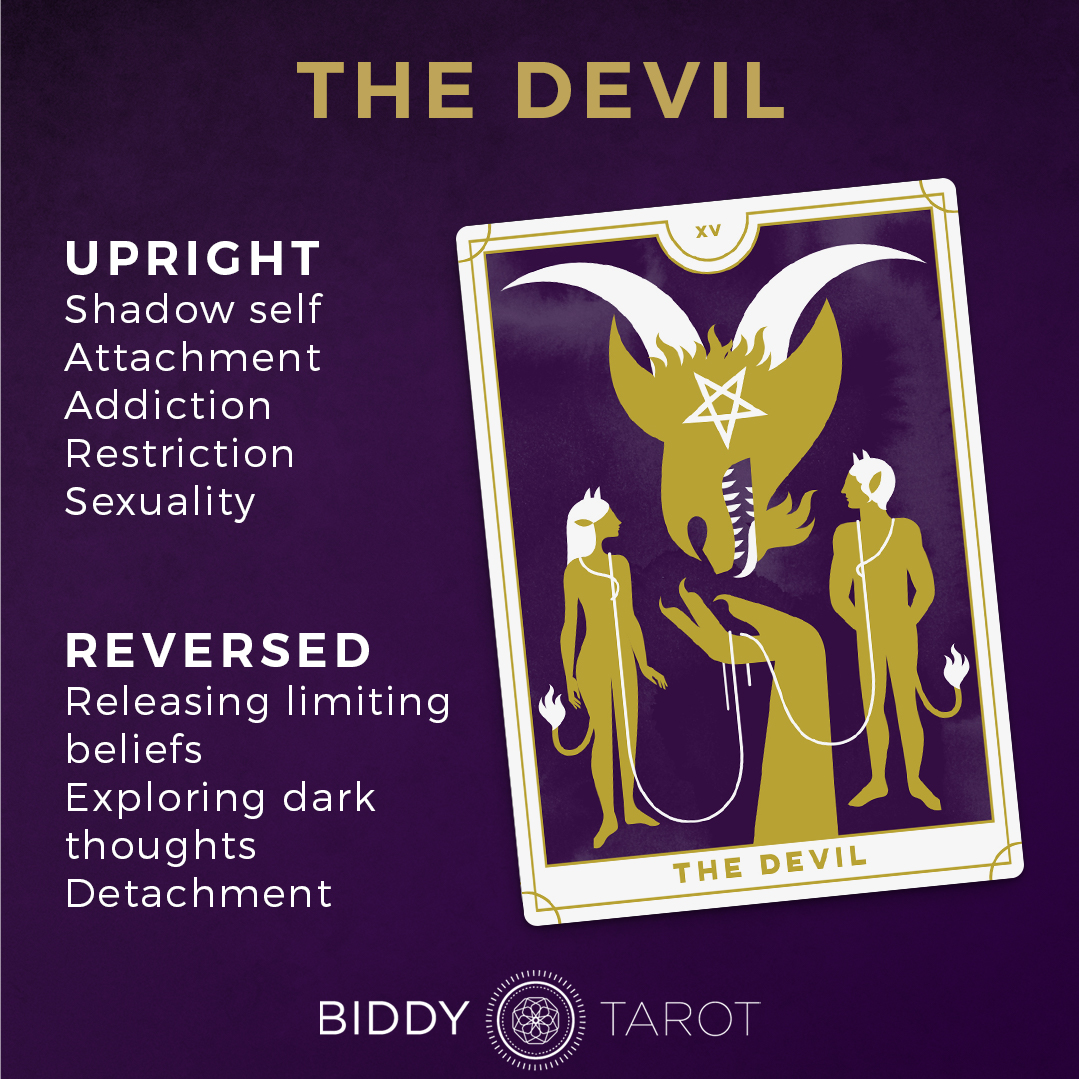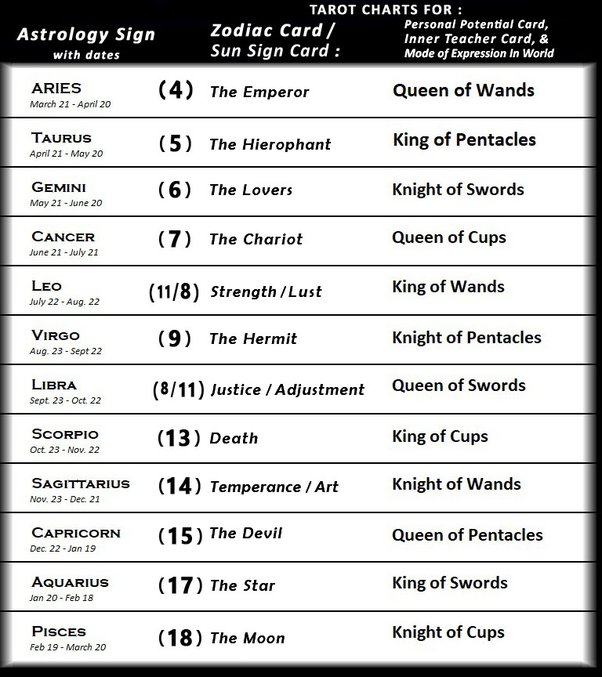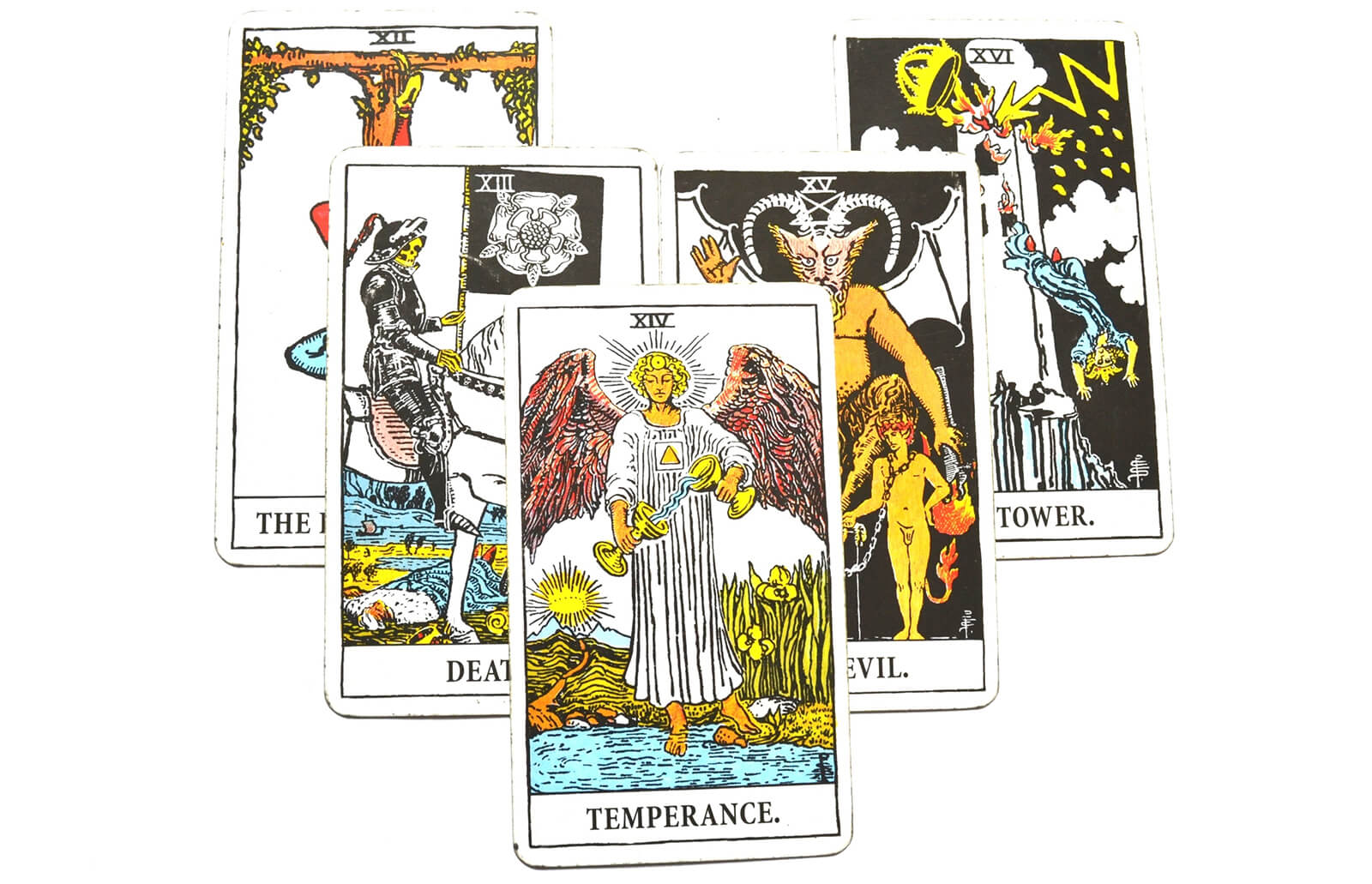
Fortune telling has been an integral part Chinese culture's history. Fortune telling is still popular even today in Mainland China, Hong Kong, and other parts of China. The Chinese language word for fortune telling is Suan ming, which literally means "fate calculating."
Fortune telling is used for Chinese people to get advice on their future. Fortune tellers also claim to have the ability predict future events like a god. However, there is no scientific basis for this type of fortune telling. Some critics claim that Chinese people are more likely to resort to superstitions in order to solve their problems.
Numerous methods can be used to predict Chinese fortunes. The most popular method is called Bazi, which is based on the calendrical system of Heavenly Stems. Heavenly stems refers to the fact that each month is associated with one character. This can be used in order to predict the person’s future. This method is also known under the Four Pillars of Destiny.

Another popular method of determining your fortune is to use the bone-weight astrology method. A person's bone mass is used to determine his or her fortune. In certain cases, the fortune teller may recommend external supplementation. They may also use deductions based upon the physical appearance of the individual. To predict the future, Chinese people used their palm prints for centuries. In recent years, AI-based palm reading services have been introduced on WeChat. These services are not authorized by the government. The predictions are therefore less credible, especially for younger generations.
Another popular form of fortune telling is face reading, or Mian Xiang. To make predictions, it involves looking at the facial features of a person. The upper part of the face is considered young, while the middle and lower regions are middle-aged. A physiognomer is able to determine a person's future career and wealth by using a pattern found on the face. Feng Menglong has written "Shifu Meets a Friendat Tanque" about how a physiognomer read Peidu’s faces and predicted his wealth and career path.
China also uses the Four Pillars of Destiny to predict fortune. According to Chinese cosmology, the number of fundamental elements in a baby's birth date determines its amount. One of these elements may be deficient and cause misfortune. You can also use The Five Elements Theory for determining your overall outlook for work and family.
Fortune telling is still practiced in Mainland China, Hong Kong, and Taiwan. The Chinese fortune-tellers can give you a roadmap that will guide your life. They can also help to harness the energy that will lead you to your goals. Some master Chinese fortune telling experts also serve as life coaches, psychologists and behavioral scientists.

Many Chinese are also obsessed in luck numbers and auspicious date. Entrepreneurs and businessmen often consult fortune tellers in order to plan important events or set wedding dates. Many Chinese have talismans which help them in every day life.
FAQ
What are good hobby ideas?
The best hobbies are those that you enjoy doing for yourself. If you enjoy what you do, it will be much easier to keep going. You will have a reason when you feel sick or tired.
We all have hobbies that we love and know. These include painting, crafting, photography, cooking and sports.
Volunteering could be a great option.
You might be looking for something more adventurous. Take up skydiving or rock climbing, parasailing, parasailing and paragliding.
There are many other ways to spend time outside. These include caving, cliff diving, cave tubing, abseiling, sea kayaking, rafting, canoeing, climbing, trekking, bushwalking, mountaineering, backpacking, trail running, orienteering, off-road driving, quad biking, motorcycling, motorcycle riding, dirt bike riding, jet boating, hang gliding, hang gliding, parachuting, hang gliding, heli-skiing, ice skating, snowmobiling, snowshoeing, snowshoeing, cross country skiing, downhill skiing, telemark skiing, ski touring, sled dog racing, snowboarding, snowkiting, snowmobiling, spelunking, snowshoe hiking, snowshoeing and many more.
Can I make money from my hobby?
Many hobbies can bring in extra income.
If your hobby is a passion, you may be able to sell related items.
You might consider setting up a website to sell rare stamps if you have a collection.
This will allow you to earn additional income without having go through the hassles of buying and selling stamps.
Another option is to create a YouTube Channel where you can talk about your hobby.
This allows you to share your passion with others and potentially generate additional revenue by offering premium content.
Why do we require hobbies?
Hobbies play an integral part in our lives. It allows us to unwind and recharge, think creatively, exercise, socialize, have fun, and allow us to enjoy life. These hobbies offer us the opportunity to learn new skills, develop valuable lifelong interests, and provide opportunities for us to do both.
Hobbies can help us find meaning and purpose.
These are a great way for you to have some free time, even if there isn't much else.
They're also fun!
If you don't have time for a hobby, then you probably don't have time for anything else either.
So take a look at all the options available to you. Maybe you should consider starting a hobby.
How do I find a hobby that interests me?
At first, it may seem like there is nothing you can do.
You might think, "I'm not very talented," "I struggle at sports," "I don't really know anything."
The truth is that you likely already have a lot experience in your chosen hobby.
It's just that you haven't realized it yet.
Have a look at your home. How much stuff do you own?
Do you have any toys from the past?
Perhaps you own a collection or magazines.
Perhaps you have always wanted to be a chef.
Perhaps you would like to play guitar again.
Whatever it may be, you can likely turn it into something.
It is important to recognize that you already have a lot of experience to draw from.
Once you do that, you can choose a hobby to fit your life.
What are observation hobbies?
Observation hobbies involve watching people do the things they love. It could be reading, watching sports or going on holiday. You might also enjoy observing other people.
Because they teach you how to think creatively, observation hobbies are great. You can apply this knowledge later on when you work with others.
You will discover that learning is easier when you are interested.
For example, if you want to know more about football, you may watch a game or read a book about it. You could visit or take part in exhibitions if you are interested in learning more about photography.
If you like to play music, you can either learn the songs online or get a guitar.
If you love cooking, you can either cook your meals at home or order from a local restaurant.
You could also grow flowers or vegetables if you enjoy gardening.
You can take a dance class, or just go out with your friends if dancing interests you.
You can paint pictures if your passion is painting.
If you like writing, you could write stories or poems.
You can draw pictures if your passion is drawing.
If you're passionate about animals you might consider working at a Zoo or looking after their pets.
If you enjoy science, you might consider studying biology, chemistry and physics.
You can read books, listen to podcasts, or watch films if history interests you.
If you enjoy traveling, you can travel around the world or just explore your own area.
What are collection hobbies?
The most loved collections include books, movies and music.
You can also collect stamps, coins and cars as well as dolls, action figures, figurines, art supplies, kitchen utensils, jewelry and watches as well...
I think you get the idea.
What are competitive hobbies?
There are many competitive sports, including running, swimming and cycling, as well as golfing, tennis and other activities.
They are usually enjoyed by people who enjoy being active, but also allow for social interaction.
If you have a hobby that involves physical activity, then you'll probably find that there are other people around who share this interest.
This could include joining a club/group that allows you to play sports together regularly.
Participating in group games, which involve playing alongside others, is another option.
These include football (soccer), cricket, rugby, netball, basketball, hockey, baseball, volleyball, badminton, squash, handball, and table tennis.
There are many kinds of competition.
Some competitions are only for recreational purposes.
Others are designed to test the skill of competitors.
Others are also designed to reward exceptional performance.
These cases result in prizes for the winners.
Other competitions are intended to test strength and stamina.
These are known as endurance events.
For example, marathon races, triathlons, Ironman Triathlon, etc.
Athletes train hard before they compete in these events.
To prepare their bodies and minds, they will have to adhere to a strict training plan.
They might also have to travel for preparation.
It is important that you remember that not every athlete can compete in every type or event.
Statistics
- Studies show that just six minutes of reading can reduce stress levels by 60 percent. (oberlo.com)
- This 100% accurate personality-analyzing hobby quiz discovers your passion based on your characteristics. (quizexpo.com)
- A new survey by Pew Research Center of teens ages 13 to 17 finds that 36% of girls feel tense or nervous about their day every day; 23% of boys say the same. (pewresearch.org)
- The Role of the Mind in Sex, Dating, and Love: Men in the “humor” condition received phone numbers from 42.9% of the female participants and were refused 57.1% of the time. (time.com)
- Much of this decline reflects the fact that teens are less likely to work today than in the past; among employed teens, the amount of time spent working is not much different now than it was around 2005. (pewresearch.org)
External Links
How To
How to learn a music instrument
There are many ways you can learn to play music. You could attend a school, read a book, get lessons from someone who plays a musical instrument, or look at videos online. Here are some tricks and tips to help you find your way.
-
Find something that interests you. You don't have to like every instrument you see. It would be hard to get into playing an instrument if you don't enjoy doing it.
-
Be patient. It takes time to learn anything new. You don't have to learn everything in one go. Keep practicing each day.
-
Keep practicing regularly. Even when you feel tired, continue practicing. This will help you remember what you've learned.
-
Make sure you choose a safe place to practice. The ideal place to practice is one that is quiet and won't be disturbed by anyone else. You should also make sure there aren’t any distractions. It is best to avoid listening to loud music nearby.
-
Have fun. Music should be enjoyed. So make sure that you always have fun while practicing. Being happy will inspire you to keep practicing.
-
Set goals. You will know what you need to do if you have goals. This will make it impossible to fail.
-
Keep track of how you are doing. Note down your successes and mistakes. You'll be able to learn and improve as you go.
-
Take breaks. Sometimes you just need to take a break. Taking breaks can give you the time to think.
-
Ask questions. Ask other people if you have any doubts or confusion regarding certain aspects of the instrument. They may be able to help you out.
-
Listening is the best way to learn. Many musicians learn by listening to the songs they love and then imitate them. This helps musicians understand the fundamental concepts of the song.
-
Read books. You will learn more from reading books than you can by watching videos or attending classes. Books often contain information you can't find elsewhere.
-
Join a band. Playing with others will force you to practice more. You will also meet others with similar interests to yours.
-
Watch tutorials. Tutorials are short videos that give detailed information on a topic. These videos often focus on one aspect or part of the instrument. Tutorials can help you understand complex parts of your instrument.
-
Explore different learning methods. Some prefer to learn by listening, while others prefer reading. Try different methods until you find the one that works for you.
-
Practice makes perfect. Nobody becomes an expert overnight. It is important to put in a lot of effort before you can become skilled enough to perform well.
-
Get along with other musicians. Listening to your fellow musicians perform their favourite songs can help you learn quicker.